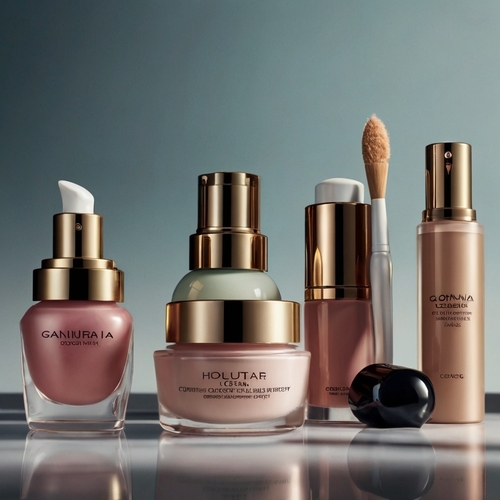
The cosmetics market in South Africa has seen significant transformation over the past decade, with evolving beauty standards and an increased demand for innovative products. As we approach 2031, the South African cosmetics industry is set to continue its expansion, driven by changing consumer behaviors, technological advancements, and the rising importance of sustainability. A growing middle class and the influence of global beauty trends are shaping how South African consumers approach beauty and personal care, with a focus on premium products that cater to both aesthetic and wellness needs.
The South Africa Cosmetics Market in 2031 will likely be characterized by an increasing demand for products that offer not only beauty benefits but also health and skin care advantages. As consumers become more educated about the ingredients in their beauty products, there is a notable rise in the popularity of organic, cruelty-free, and eco-friendly cosmetics. Companies are responding to this shift by offering products that are formulated with natural ingredients, free from harmful chemicals, and packaged in environmentally conscious materials.
Another significant trend shaping the future of the cosmetics market in South Africa is the growing use of technology in product development and consumer experience. Innovations such as AI-driven skin analysis tools, virtual makeup try-ons, and personalized beauty recommendations are expected to become more widespread. These technologies allow consumers to make more informed choices about the products they buy, leading to greater customer satisfaction and loyalty. As online shopping continues to grow, the cosmetics market will also see a rise in e-commerce platforms and beauty subscription services that cater to the tech-savvy and convenience-oriented consumer.
Social media will continue to play a critical role in the promotion of cosmetics products in South Africa. Influencers and beauty vloggers are shaping purchasing decisions, and brands are increasingly leveraging digital platforms for marketing. With the continued rise of visual platforms such as Instagram, YouTube, and TikTok, South African consumers are becoming more engaged with beauty trends and product launches, making it essential for companies to have a strong digital presence.
In conclusion, the South African cosmetics market is undergoing a significant evolution, with innovation, sustainability, and personalization leading the way. As the demand for health-conscious and ethically produced products increases, businesses will need to remain agile and responsive to these emerging trends in order to succeed in 2031.
